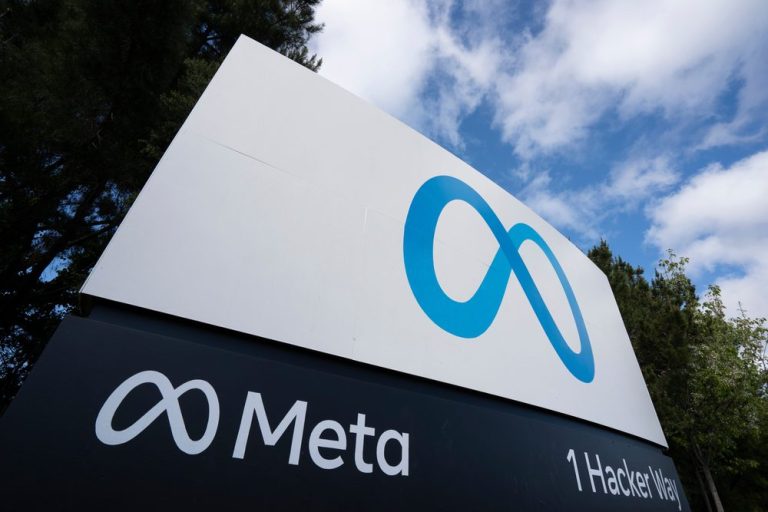Meta Acquires Luxexcel in Quest to Develop AR Glasses

Meta has bought Dutch 3D lens printer Luxexcel for an undisclosed sum.
The acquisition, which was first reported by Belgian newspaper De Tijd Wednesday (Dec. 28), has fueled speculation that Meta will absorb Luxexcel’s smart lens technology into its augmented reality (AR) business.
The smart lens technology can integrate different lens projection areas, holographic films and active foils within lenses, the report stated.
Founded in 2009, Luxexcel has previously worked with AR companies, including the Israeli firm Lumus and the Oxford-based WaveOptics, according to the report.
While smart glasses may still be associated with the commercial flop that was Google Glass, the idea never went away. Companies like Lumus and WaveOptics have been quietly working to develop the technology and a lot has changed since Google’s initial foray into the market 10 years ago.
Since then, digital wearables have become commonplace in the form of smartwatches, and the concept of accessing smartphone functions without reaching for a mobile device has gained mainstream adoption thanks to the popularity of voice-activated assistants.
For now, Meta’s big AR bet is still in moonshot mode. The company will continue to plow 20% of its investment into Reality Labs, a metaverse-focused unit that houses Oculus, various game studios and other AR and virtual reality (VR) hardware projects.
While Reality Labs is notorious for burning through cash, Meta’s senior leadership has repeatedly defended the expense as a long-term investment in the technology of the future.
Giving a hint at the kind of timeframe Meta is considering for the eventual launch of its own AR glasses, in a December blog post, Andrew Bosworth, the head of Reality Labs, said the company’s “vision for true AR glasses will require years of progress, making our devices slimmer, lighter, faster and more powerful, all while consuming way less battery power and generating much less heat.”
For all PYMNTS EMEA coverage, subscribe to the daily EMEA Newsletter.